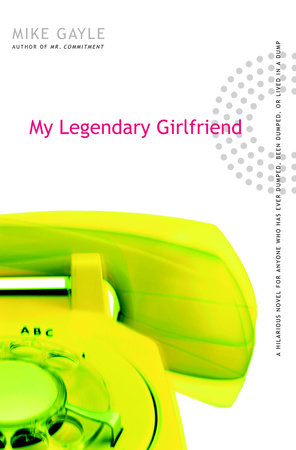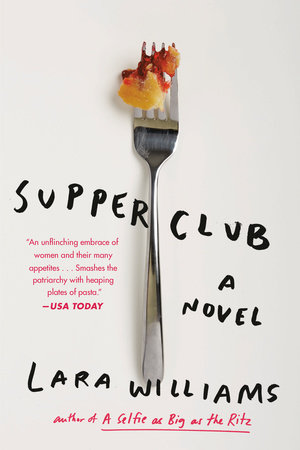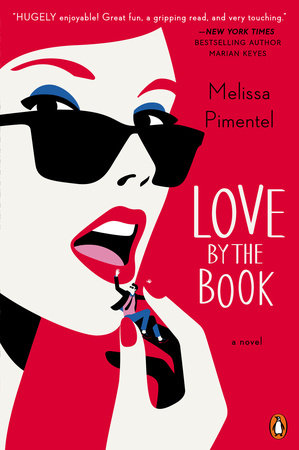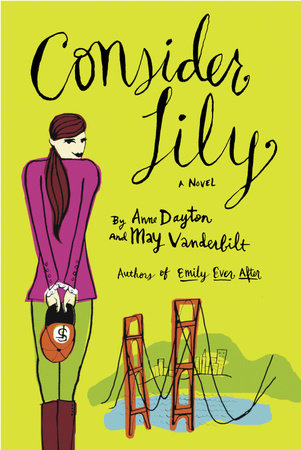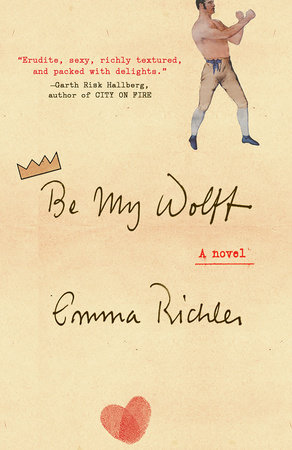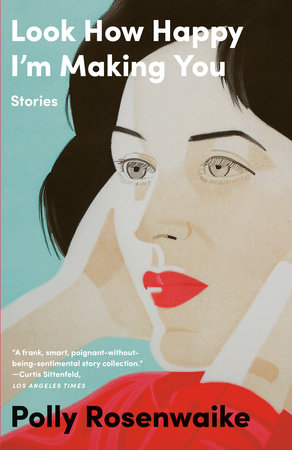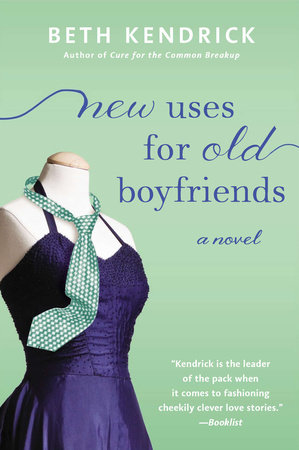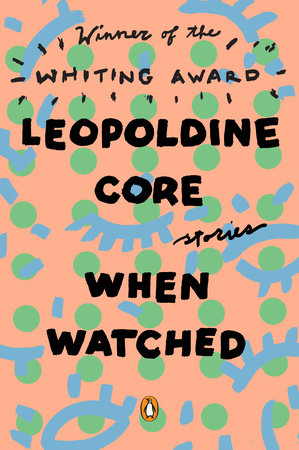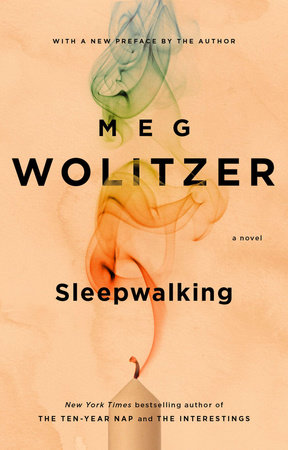


-
$17.00
Published on May 09, 2000 | 272 Pages



Published on May 09, 2000 | 272 Pages
Author
Elinor Lipman
Elinor Lipman is the author of numerous novels, including On Turpentine Lane, The View from Penthouse B, The Inn at Lake Devine, The Pursuit of Alice Thrift, and Then She Found Me (a 2008 major motion picture written, directed and starring Helen Hunt); a collection of stories, Into Love and Out Again; an essay collection, I Can’t Complain: (All Too) Personal Essays; and Tweet Land of Liberty: Irreverent Rhymes from the Political Circus. She has been called “the diva of dialogue” (People) and “the last urbane romantic” (Chicago Tribune). Book Magazine said of The Pursuit of Alice Thrift, “like Jane Austen, the past master of the genre, Lipman isn’t only out for laughs. She serves up social satire, too, that’s all the more trenchant for being deftly drawn.”Her essays have appeared in the Boston Globe Magazine, Gourmet, Chicago Tribune, and The New York Times’ Writers on Writing series. She received the New England Booksellers’ 2001 fiction award for a body of work and a 2007 lifetime achievement award from NELINET (New England Library and Information Network), “created to recognize the contributions of an individual associated with New England who has significantly advanced the arts and letters.”
Learn More about Elinor Lipman